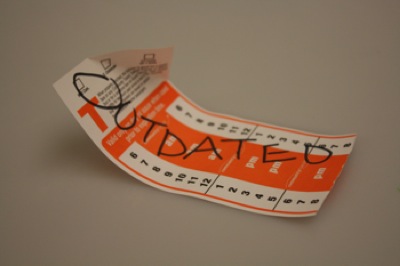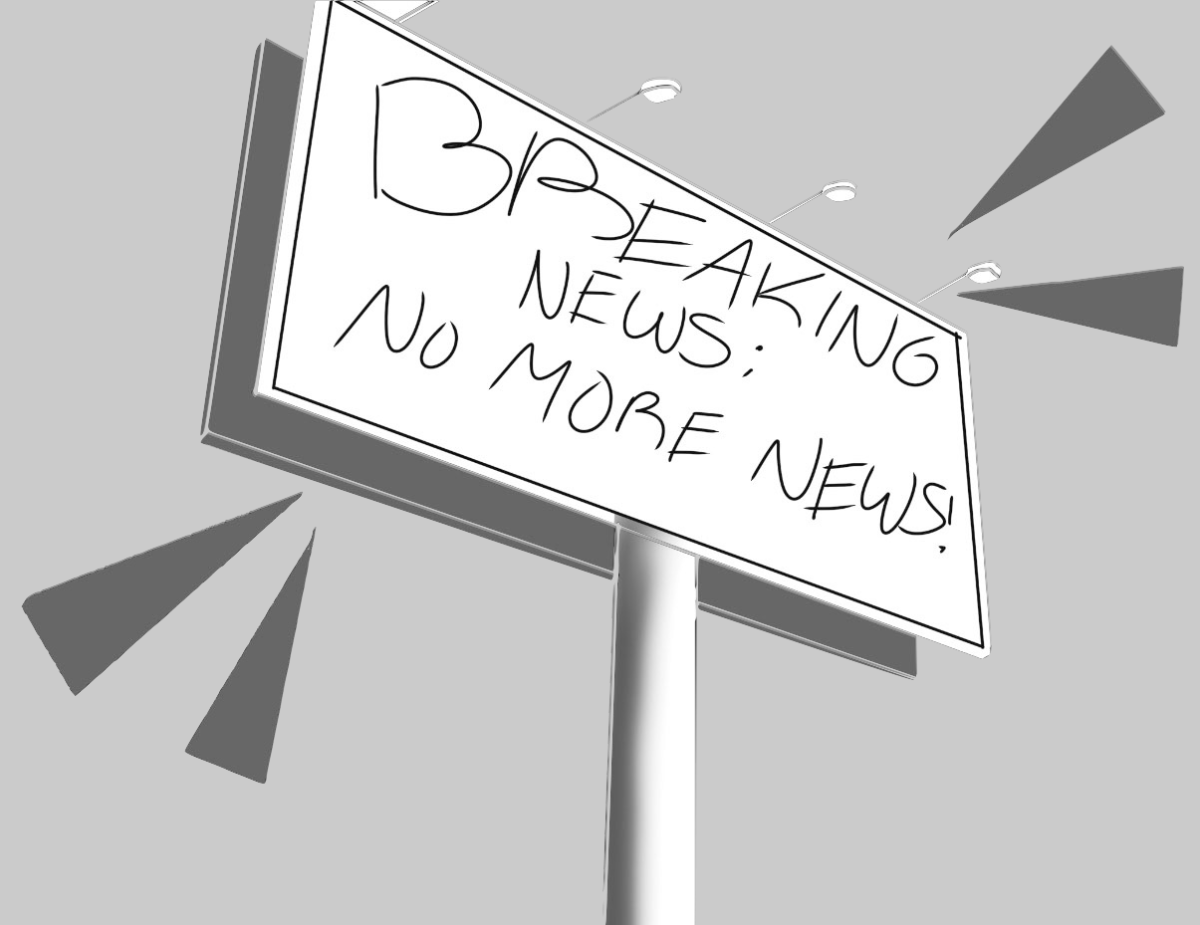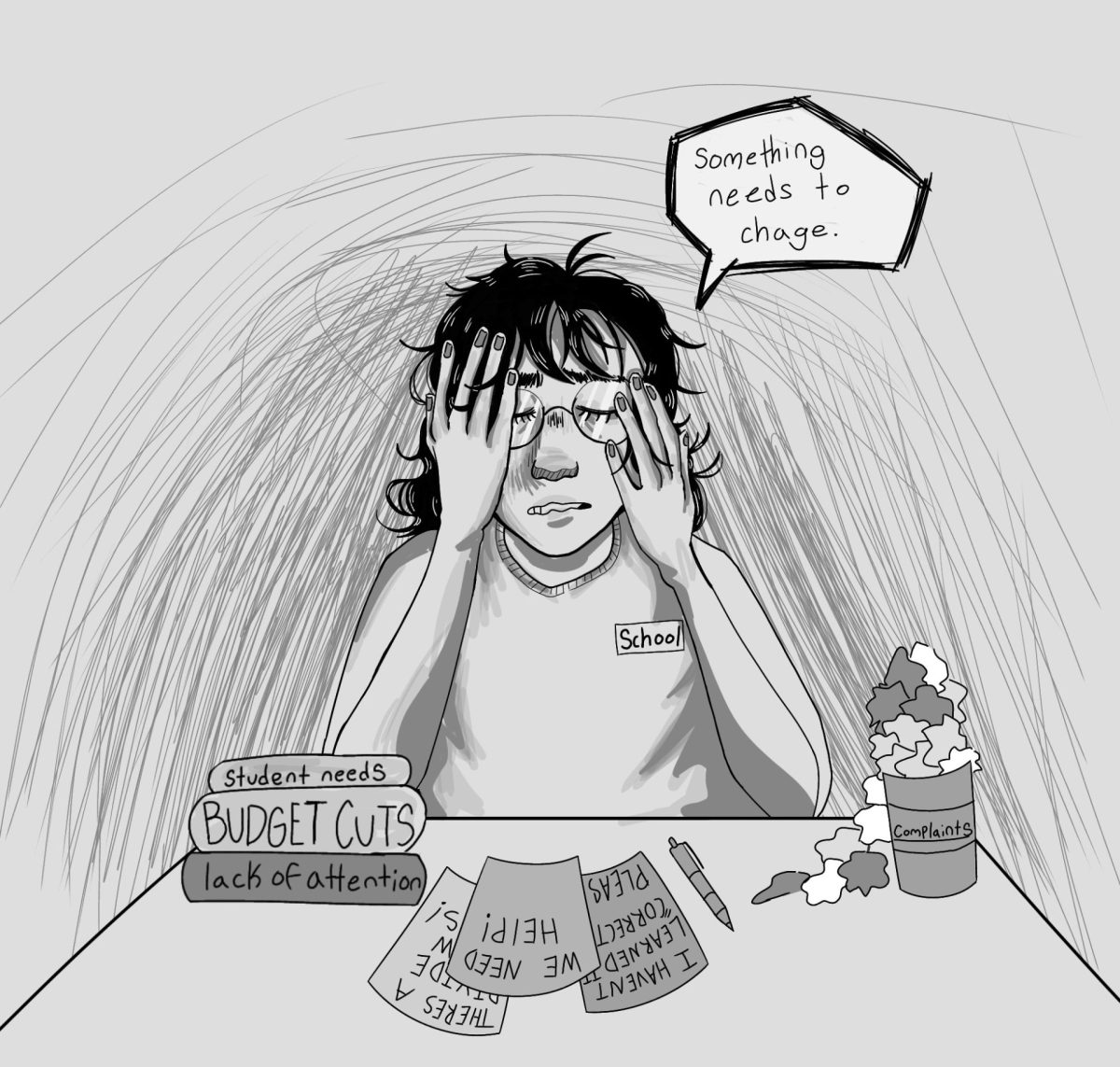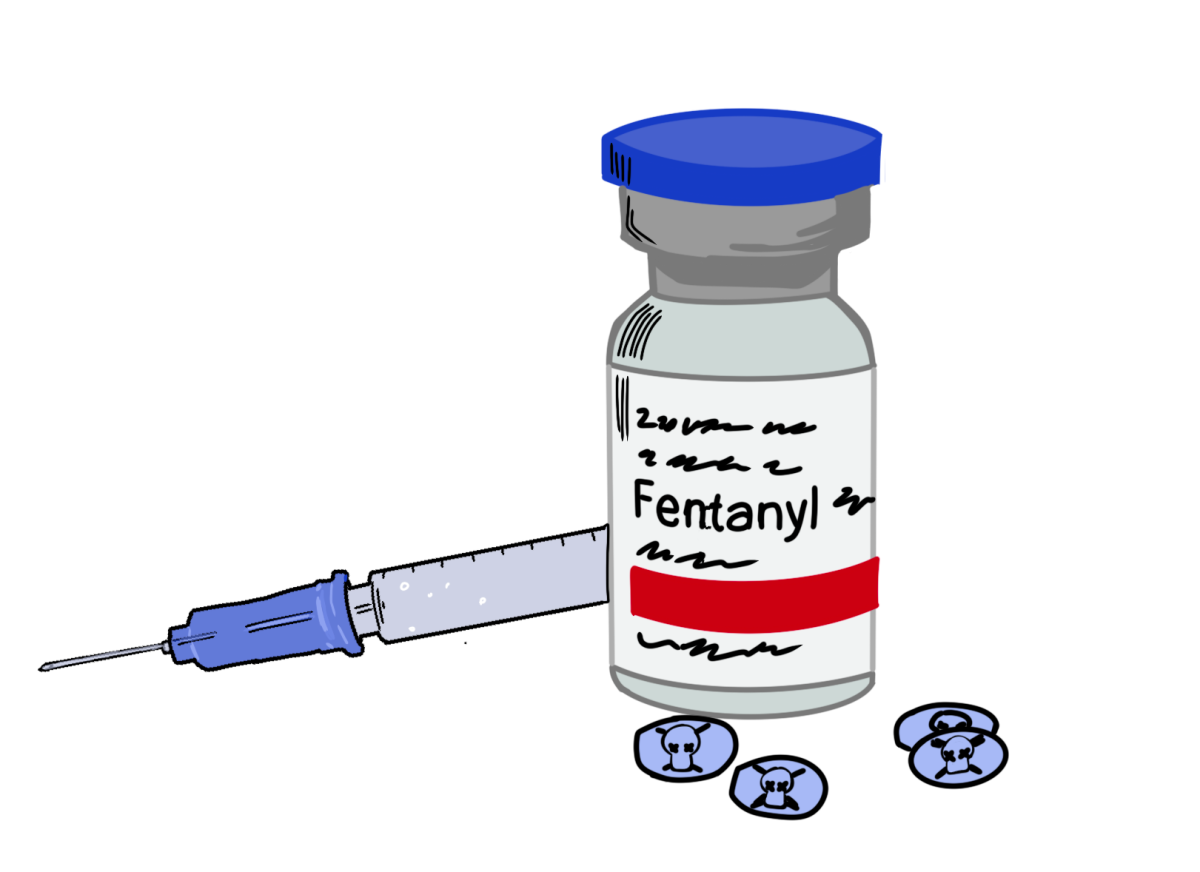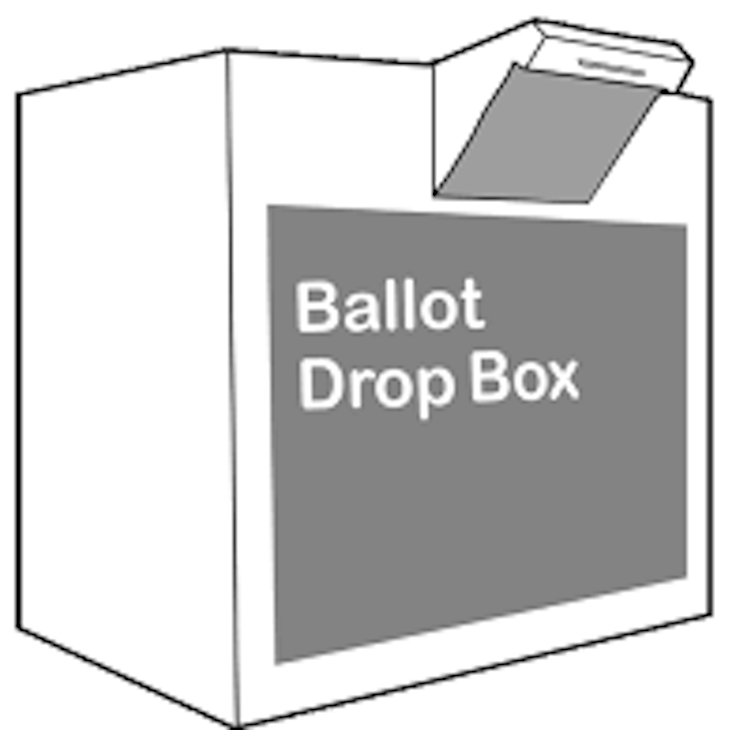Beginning Jan. 1 Community Transit’s paper bus transfer distribution system was eliminated, and replaced with the One Regional Card for All (ORCA) card.
ORCA cards serve two purposes in the world of community transit; firstly, as a means to pay initial bus fare, and secondly as an electronic bus transfer that will last up to two hours after riders purchase their bus pass. The ORCA card costs extra for the bus transfer aspect of the card, along with however much more your wish to put on it to pay for bus fare with. This new system mimics other single-pass programs found in large cities such as San Francisco, Chicago, Houston, and Washington D.C.
The card is currently free, but beginning Feb.1 they will cost five dollars. They will last for three to five years.
In the past riders have been able to pay their fare upon entering the bus, received a paper bus transfer, and been allowed to transfer as many times as they wished within the next few hours depending on when they purchased their original fare.
“I bought an ORCA card like a week ago,” said sophomore Community Transit rider Laura Karnoski. Karnoski uses Community Transit daily and finds fault with the new regulations enforced alongside the ORCA card.
ORCA cards eliminate the need to carry change, but also cut down the time allotment riders used to have to transfer with significantly.
Karnoski used to have to transfer three times a day to get to school but lately her father has been driving her to school, “partly because we cannot afford the ridiculously high cost of bus passes, and unbelievably, because it’s just cheaper to buy gas,” she said.
“[The ORCA card] discourages users from taking the bus, especially people to have to take the bus, the same people who take the bus because they can’t afford a car,” Karnoski said, “This is no battle for inflation.”
Sophomore Hunter Goncalves got her ORCA card at Westlake Center in August when they first came out. Goncalves lives out of district and takes community transit every day, to and from school, transferring one time each way. “I do like [the ORCA card] though. It’s handy and it’s cute,” Goncalves said. “It’s easier because you just swipe the card. It makes me feel cosmopolitan.”
Although Goncalves prefers the ORCA card to paper bus passes she pointed out that riders used to be able to purchase a month long bus pass that would give them unlimited rides all month long, but bus passes are no longer available.
“It’s obvious [community transit] needs money. But instead of raising their fare to $1.25, they should hold car washes or cookie dough fundraisers,” Goncalves said.

